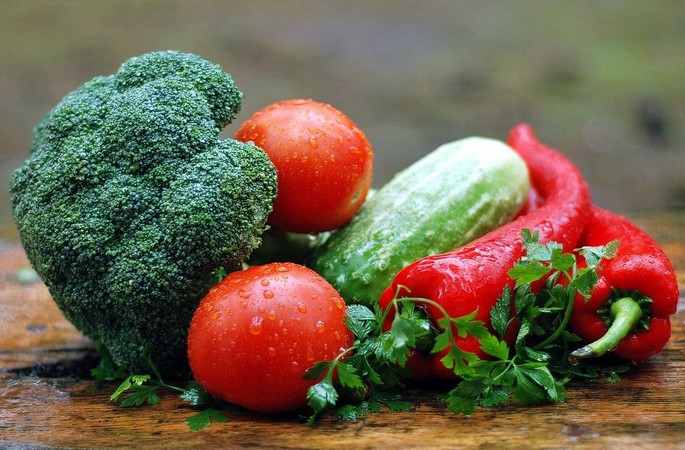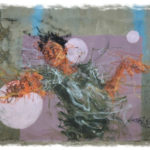Hoarding Issues and Panic Buying In COVID-19 Days
The human race and its now almost 8 billion people are facing, for the first time ever, an event that affects all of us, at the same time. An illness to which no one is immune, from which no one is protected.
As it affected different countries in stages of preparedness, we could see it breaking like a slow and unstoppable wave across the world. Some had no warning, and other countries have had several weeks to watch and take action. And our first response to this hugely confronting vulnerability as human beings was to enter into survival mode, centered on stocking our cupboards and pantries and fridges and freezers with food.
In industrialized countries, with the prevalence of convenience food, this storing took the form of frozen food and tins and bottles and packets of pre-made soups, stews, and staples like packets of pasta, and freeze-dried grains. In more agriculture-based societies, people queued up for rice, lentils and fresh vegetables.
As supply chains and food distribution were affected by curfew restrictions and stay at home orders, fresh meat and fish and perishable dairy products have become luxuries. Wealthier people used their economic privilege to buy disproportionally large amounts of storable items, including sanitizing products and protective gear, before supermarkets and stores established restrictions on the number of items purchasable by each person.
For the first time in many people’s lives, and very suddenly, we all faced the prospect of actually not having enough. People responded to this fundamental fear of hunger in two markedly different ways. Some immediately started panic buying, and hoarding, depriving others of goods, regardless of the limits of what they themselves could use. Others, right from the start, thought in a more community-minded way, making sure the families of those around them and those living alone or in a vulnerable situation were included in their own food storage planning.
Many people started limiting the number of meals they had each day, or the number of dishes they cooked for each meal, and one-pot meals became popular. People exchanged information of shops which delivered during curfew, and tips on how to make the ingredients they had last longer, and use them more effectively.
People started posting photos of the food they made at home, even though some commented that this was insensitive as others were going hungry. A person’s sincere pride at being able to make a meal out of three store-cupboard ingredients (macaroni, tinned tuna and tinned peas) was seen by some as ‘flaunting privilege’. It was like living in a parallel universe.
The stark shift in attitude was impossible to ignore. The days of plenty we had (differentially, according to our economic status) enjoyed were gone, for all of us, and possibly forever. As people queued up, masked, for 5 hours in the midday heat, meticulously practising social distancing, human beings faced a choice: either to engage in food fights and supermarket duels, where the strongest in the ‘all you can carry’ competition would prevail; or to engage in community-minded self-restraint.
Crisis unconceals character, as one of my mentors often says. Faced in 2020 with uncertainty centred on supplies, we find out just exactly what drives us, what choices we make when faced with the shock of lack of plentiful resources of what we need. We discover what is essential to us: the basic foods we need, the people we truly care about, and who care for us. We discover limits, before they are imposed on us.
Convenience food – high in taste but low in nutrition – cannot carry us through months and months of lockdown. We learn how to make our own bread and condiments, and start to grow our own vegetables and herbs. We learn to improvise. We discover that self-care is not really about manicures and hairstyling at a salon, but keeping ourselves clean with soap and water, and brushing our teeth and hair. Our sophisticated outfits and accessories get stored.
Like any crisis, this will force us to clarify and re-calibrate our lives, and focus on what is essential to us. Panic creates false hunger, which is greed-based rather than needs-based. In the first few weeks of this major shift in human existence, we had to learn this, and thus undo decades of thinking and habits which industrialized society has profited from indoctrinating into us.
Self-conquering and consciously changing our habits rather than holding others to ransom is the most honest victory. And all except the poorest can flourish in austerity.



